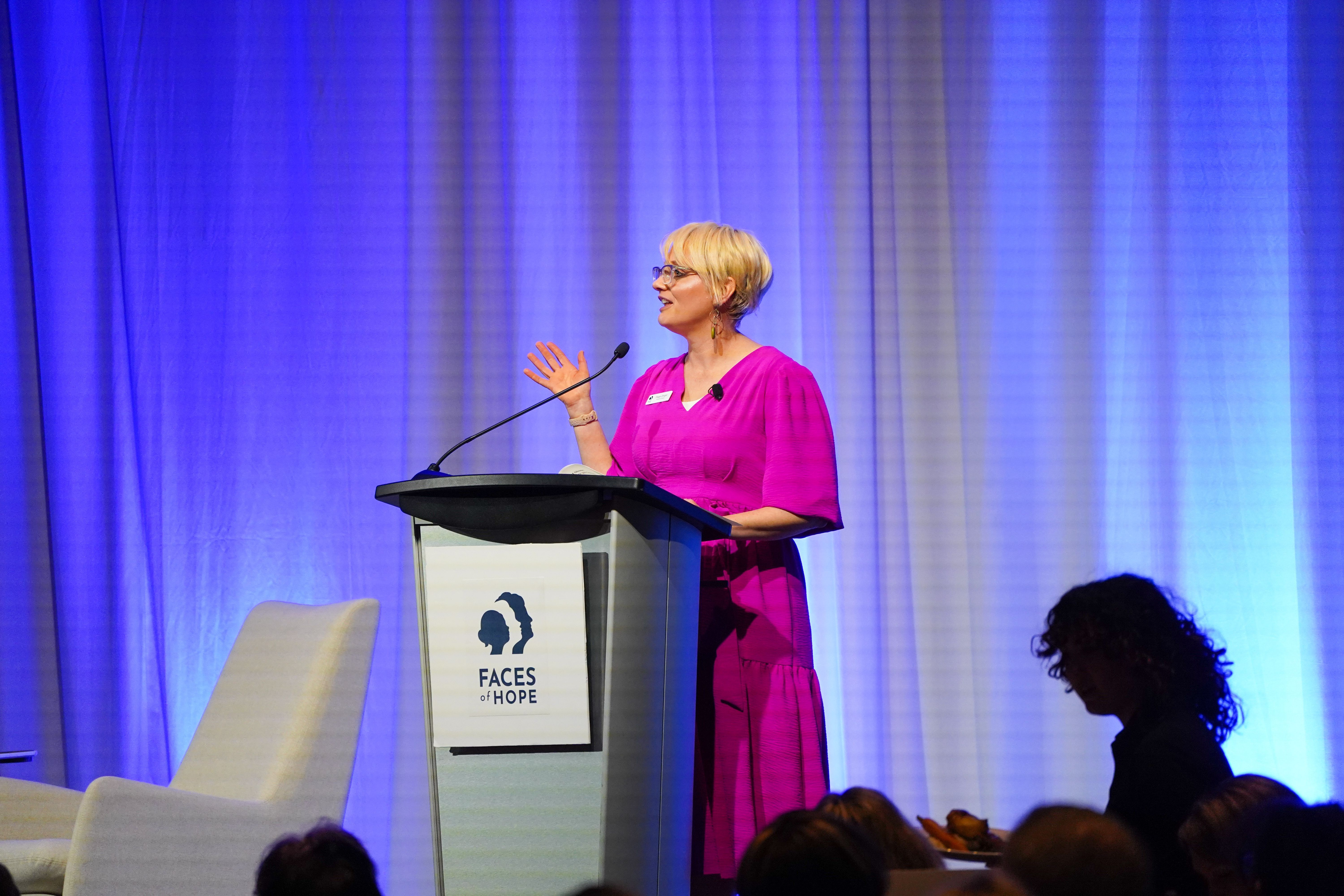
Janae Moss, LMFT
Clinical Director
How do you define a healthy relationship? What aspects and behaviors encompass relationships that seem to thrive? And maybe just as important to understand, what behaviors are present in relationships that create damage and insecurity?
Most of us can agree on the "big ones," such as constant yelling or screaming at one another, fights turning physical, or infidelity. Yet, it is also the smaller behaviors that can create devastating effects on a relationship. Over time, both big and small behaviors can lead to significant damage in a relationship. It is also important to differentiate between behaviors that are unhealthy but can be repaired versus behaviors that are abusive, such as physical violence and emotional or mental abuse.
A leading force in the mental health field when understanding healthy relationships is The Gottman Institute (Drs. John and Julie Gottman). Through over 30 years of research and observing couples, Dr. Gottman identified what he calls the “magic ratio” of 5 positive interactions to 1 negative interaction during a conflict. He also identified key behaviors that signal a relationship is in trouble. In fact, Dr. Gottman has been able to predict relationships that end in divorce with over 90% accuracy. Dr. Gottman identified 4 key behaviors that indicated a relationship was in trouble, labeling them as The Four Horsemen. These behaviors are criticism, contempt, defensiveness, and stonewalling. Contempt, according to Gottman, is the greatest predictor of divorce. Let’s break down these horsemen to better understand how they may appear in a relationship.
Criticism
Criticism is an attack on the other person rather than the behavior. Criticism is different than a complaint. Relationships will address complaints; this is normal and healthy. A complaint will communicate how you are feeling when a behavior didn’t happen. Criticism, on the other hand, will focus on the character of a person, often seen as name-calling ("You never think about others;" "You are selfish!"). Ongoing criticism creates feelings of rejection and hurt and opens the door to the other horsemen.
Contempt
Contempt in a relationship is intentionally treating someone with disrespect. Mocking, ridicule, name-calling, and even body language such as eye-rolling or scoffing are all indicators of contempt. The goal behind this behavior is to make the other person feel despised and worthless.
Defensiveness
Defensiveness can occur in response to criticism. Often, when someone becomes defensive, they will also attempt to reverse the blame. A pattern of making excuses or placing the blame on the other person can occur. Communication breaks down, focusing on what each person has done wrong rather than accountability and understanding.
Stonewalling
Stonewalling can be a direct response to contempt. This is seen when one partner withdraws from the interaction. They may shut down and further isolate themselves from their partner. It is common when someone is stonewalling that they are also experiencing emotional flooding and are not able to engage in self-regulation.
The Four Horsemen break down communication and connection. Additional behaviors, such as talking over each other, intolerance to differences, or acting on assumptions instead of asking what is needed, may further damage a relationship. A shift from working together and being on the same team to feeling like enemies on a battlefield can occur. When someone must be right or “the winner,” it also means that someone must be "the loser," and that creates further division and damage.
Assumptions
While not behaviors themselves, assumptions greatly influence our behaviors. If you have ever sat in traffic and had someone cut you off, what were your first thoughts? Did you think they must be blind not to have seen you, selfish, and so high and mighty that they must get in front of you? What emotions did you experience? Did you experience anger or frustration? How did this impact your actions? Did you grip the steering wheel a little tighter, feel tense in your body, mumble, or even yell out loud? But what if your initial thoughts were that they might be lost or that it was an accident, and we’ve all not seen how close someone was before we moved over? Would you still feel angry? Would your body still tense up? Probably not. And yet, how often in a relationship do we assume what someone is thinking or feeling and act on this assumption? Acting on assumptions creates the potential to engage in a behavior that can damage your relationship.
It can be a slippery slope, and behaviors are often not isolated events; one behavior can fragment out into many and have a lasting impact. For instance, if there is pervasive blame occurring in relationships, this creates a lack of empathy in our responses, which can quickly turn into feelings of invalidation. If we feel invalidated, we may be more likely to shut down. When we shut down, our partner may escalate by being louder or getting closer, which may feel intimidating. As you can see, this train can keep going and going.
So, how do you know when behaviors have started to create lasting damage? A key sign is a lack of trust in your partner and relationship. You may no longer trust your partner to be there for areas that matter most or for issues that you place a high value on. You begin to doubt that you and your partner can be successful in the relationship. You no longer trust yourself or your partner to be vulnerable or authentic, creating a breakdown in communication and sharing with each other. You may begin to feel more disconnected and feel that your thoughts and feelings are invalidated. You might see a decrease in intimacy, both physically and emotionally. You no longer feel secure in the relationship.
This doesn’t mean that if you see these behaviors, you can’t make repairs. Healthy, secure relationships are not about being perfect. Healthy couples will sometimes have arguments or fights, and they definitely will not always say things perfectly. At times, healthy partners will hurt each other’s feelings or may not listen perfectly. However, healthy relationships know how to repair and resolve ruptures when they occur. They strive for improvement, are committed to growth, and actively work towards these things. Relationships are a continuous effort, and being aware of these damaging behaviors and the ability to repair can help you maintain a happy partnership.
Further Reading:
Gottman Institute: "The Four Horsemen: Criticism, Contempt, Defensiveness, and Stonewalling" - A deep dive into these four key behaviors that can predict relationship breakdowns
Psychology Today: "The Toxicity of Blame in Relationships" - Understanding the destructive nature of blame in partnerships
Harvard Health Publishing: "Communication in Relationships: Better Ways to Express Anger and Resolve Conflicts" - Exploring how to navigate communication challenges to avoid escalation and withdrawal
Secure Love by Julie Menanno, LMFT



